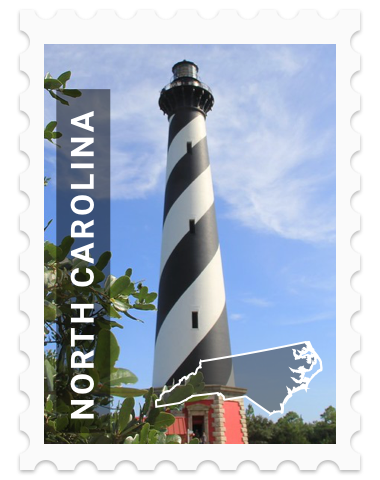Destination List > Freemen’s Colony
Freemen’s Colony
Photo by Ken Lund
The history...
The Freedmen's Colony of Roanoke Island, also known as the Roanoke Island Freedmen's Colony, or "Freedman's Colony", was founded in 1863 during the Civil War after Union Major General John G. Foster, Commander of the 18th Army Corps, captured the Confederate fortifications on Roanoke Island off North Carolina in 1862. He classified the slaves living there as "contraband", following the precedent of General Benjamin Butler at Fort Monroe in 1861, and did not return them to Confederate slaveholders. In 1863, by the Emancipation Proclamation, all slaves in Union-occupied territories were freed. The island colony started as one of what were 100 contraband camps by the war's end, but it became something more. The African Americans lived as freedmen and civilians. They were joined by former slaves from the mainland, seeking refuge and freedom with the Union forces. They were paid for their work and sought education, along with their children.
As commanding officer of the Department of North Carolina, in 1863 Foster appointed Horace James, a Congregational chaplain, as the "Superintendent of Negro Affairs in the North Carolina District", to supervise the contraband camps and administer to freedmen. James was based at New Bern, where he managed the Trent River contraband camp. James believed the Roanoke Island Colony was an important experiment in black freedom and a potential model for other freedmen communities. Freedmen built churches and set up the first free school for black children here; and they were soon joined by Northern missionary teachers who came to the South to help the effort. There was a core group of about six teachers, but a total of 27 teachers served at the island. As the war went on, conditions became more difficult at the crowded colony, whose residents suffered infectious diseases.
In 1865 President Andrew Johnson ordered the return of all property under his "Amnesty Proclamation", and the lands cultivated and occupied by contraband camps were returned to owners. The freedmen were not given rights to their holdings in the Colony, and most left the island. Its soil had proved too poor to support many subsistence farmers. In later 1865, the US Army directed the dismantling of the three forts on the island. By 1867, the colony was abandoned, but about 300 freedmen still lived there independently in 1870. Some of their descendants live there today.
Wikipedia





